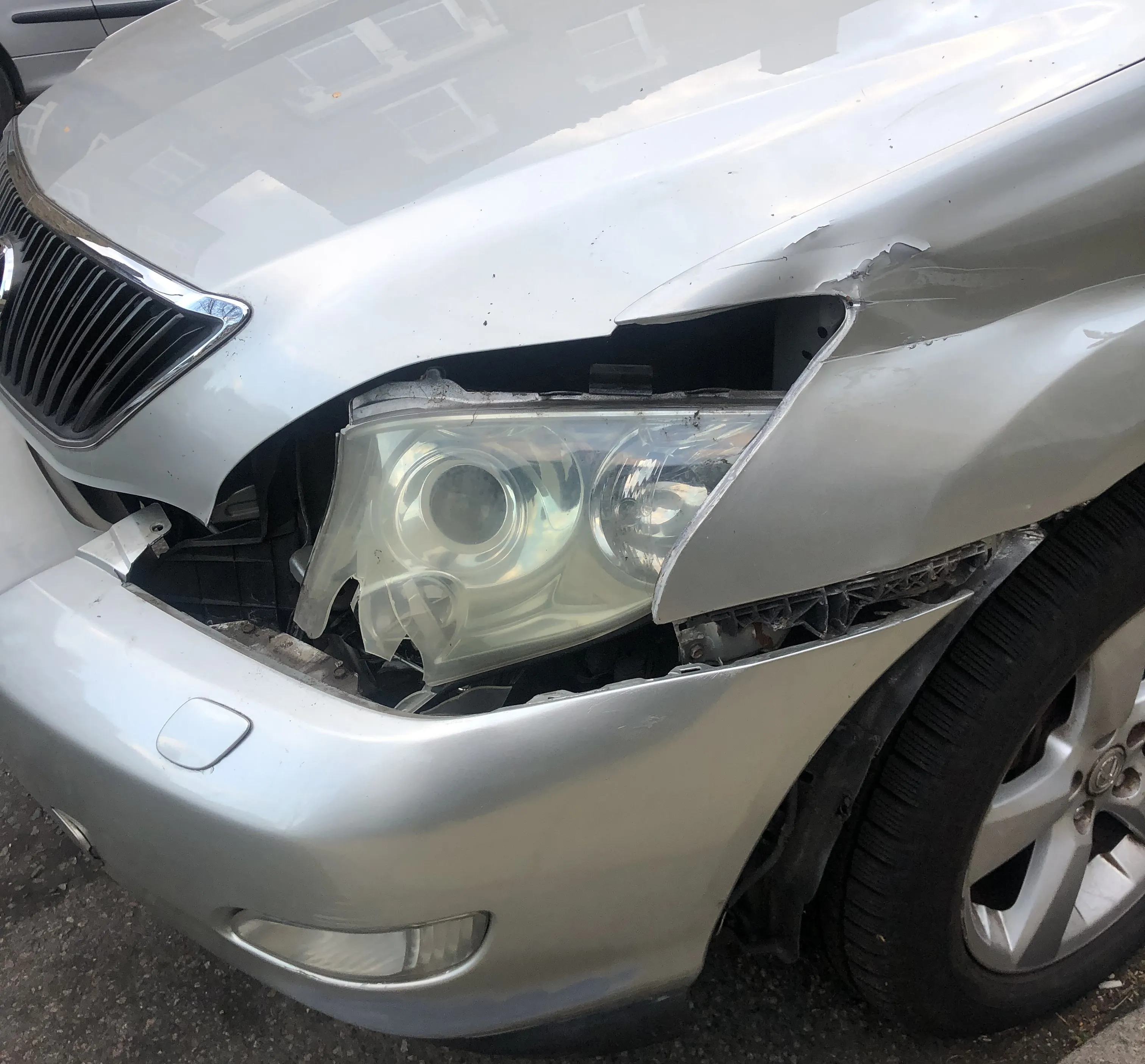Research in the UK reveals drivers most at risk of poor driving are male and aged 26-35. The study suggests men in their late 20s and early 30s are the biggest culprits with regard to bad driving. The research was compiled by technology firm ASUS and found that men aged 26-35 account for 28% of all driving bans in the UK, more than any other age group. The research also said that 93,952 licence holders were disqualified from driving in the last 12 months in the UK.
December 4, 2015
Read time: 2 mins
Research in the UK reveals drivers most at risk of poor driving are male and aged 26-35. The study suggests men in their late 20s and early 30s are the biggest culprits with regard to bad driving. The research was compiled by technology firm ASUS and found that men aged 26-35 account for 28% of all driving bans in the UK, more than any other age group. The research also said that 93,952 licence holders were disqualified from driving in the last 12 months in the UK.
A recent5432 Department for Transport report said 69,952 female drivers were involved in crashes in 2014, which compares to 113,066 male drivers in crashes in the same period. The ASUS research shows that women drivers account for just 14% of those banned from driving in the last 12 months.
Of 93,952 bans in total, 80,647 are enforced on male drivers with the remaining 13,305 bans for women. TfL data said men were involved in 62% of crashes in 2014.
A recent
Of 93,952 bans in total, 80,647 are enforced on male drivers with the remaining 13,305 bans for women. TfL data said men were involved in 62% of crashes in 2014.








